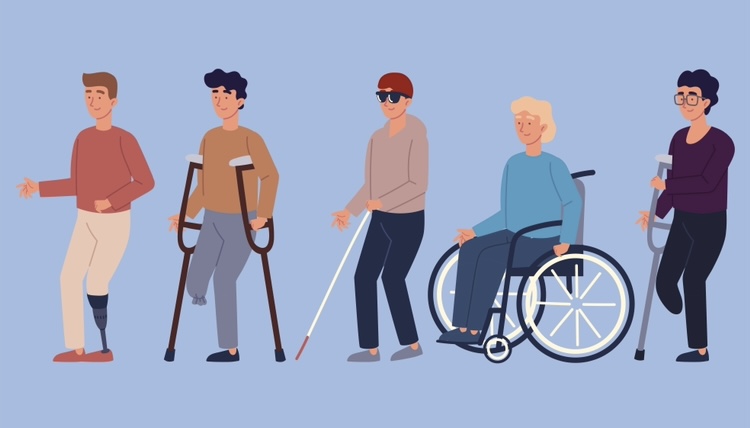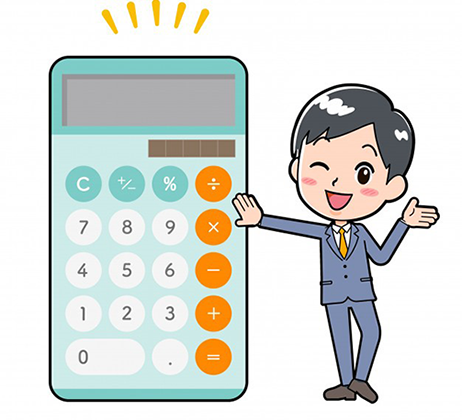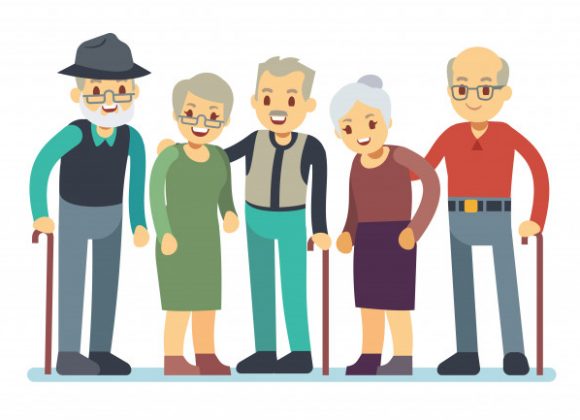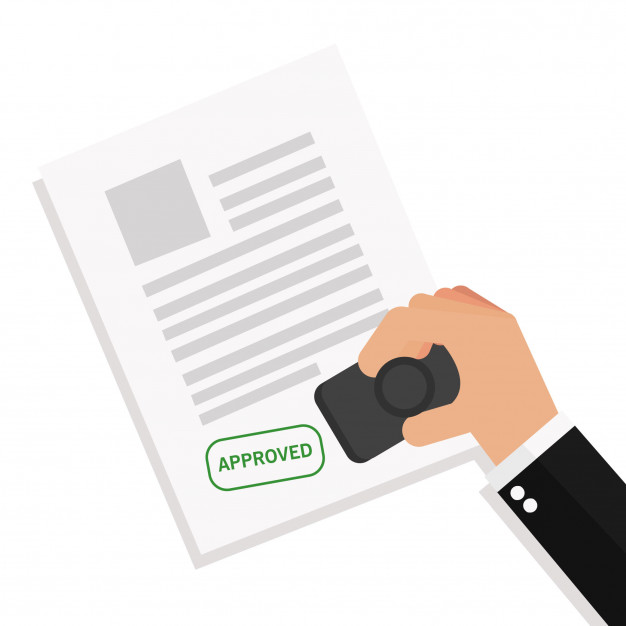Personal Independence Payment

What is Personal Independence Payment? (PIP)

Personal Independence Payment (PIP) helps with the extra costs for disabilities or long-term health conditions for people aged 16 to 64.
It is a non-means-tested award so getting it doesn’t matter how much you earn, or whether you have savings or capital.
Who can be awarded PIP?

To get PIP you must…

- Need help with everyday tasks, getting around or both
- Have needed this help for at least 3 months and expect to need it for at least another 9 months (unless you are terminally ill with less than six months to live).
Personal Independence Payment weekly rates…

Personal Independence Payment is made up of two components…

- The Mobility component might be paid if you need help getting about.
- The Daily Living component might be paid if you need help with carrying out everyday activities, such as washing and dressing.
Depending on how your condition affects you, it is possible to get one component or both and either the standard or the enhanced rate.
This is worked out using the results of an assessment.
Daily Living component
- Lower rate: £60.00
- Higher rate: £89.60
Mobility component
- Lower rate: £23.70
- Higher rate: £62.55
PIP is generally paid every four weeks and the rate you get is frequently reviewed to ensure you get the right support.
If you have a terminal illness and are not expected to live for more than six months, you are eligible for the higher Daily Living rate, however the mobility rate is still determined by your needs.
(these figures are correct as of July 2021)
How to claim Personal Independence Payment… (PIP)

You can make a claim by telephone by calling the Department for Work and Pensions (DWP) on 0800 917 2222. Other ways to claim can be found on GOV.UK.
If you are in Northern Ireland call – for new claims, call 0800 012 1573. They will then check you’re eligible to claim. If you are eligible, DWP will send you a form called ‘How your disability affects you’
It is very important that you fill in this form carefully and give as much detail as you can about your condition it is helpful if you can provide as much evidence as you can from people such as any healthcare specialists you are under. The Citizens Advice website has a helpful article on help to fill in a PIP claim form.
When DWP receives this form they will decide whether you need a medical assessment, or they could decide to ask your health or social care worker for information. If you need an assessment, this is usually a face-to-face consultation with an independent, trained health professional. The assessment is designed to work out what your individual needs are. It will focus on how well you can carry out a range of activities you need to do to cope with everyday life.
The Citizens Advice website offers guidance on preparing for your PIP assessment. After your assessment, you will get a letter with a decision about whether you have been awarded PIP and how much it will be. If you are awarded PIP you will be regularly reassessed to see if your condition has changed.
If you are over 65 and getting Disability Living Allowance…

If you are aged 65 or over and are already getting Disability Living Allowance, you won’t be affected by the changes and will continue to get DLA.
If you are already claiming Disability Living Allowance…

If you are already claiming Disability Living Allowance (DLA) you will get a letter from the Department for Work and Pensions (or the Social Security Agency in Northern Ireland) inviting you to make a claim for Personal Independence Payment. This will happen even if you currently have an indefinite or lifetime award of DLA.
How to challenge a Personal Independence Payment decision…

If you are unhappy about a decision on your PIP claim, you can challenge it but it is important to follow the correct process.
Moving from Disability Living Allowance to Personal Independence Payments…

The Department for Work and Pensions expects that most people who are getting DLA should qualify for PIP. However, the two benefits have different qualifying conditions, so it is possible that you might be entitled to a higher or lower rate of payment, or you won’t be entitled to anything at all.
